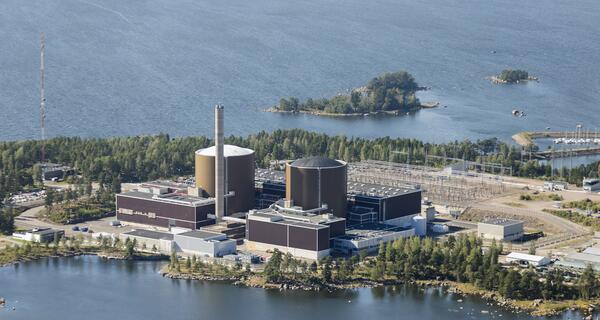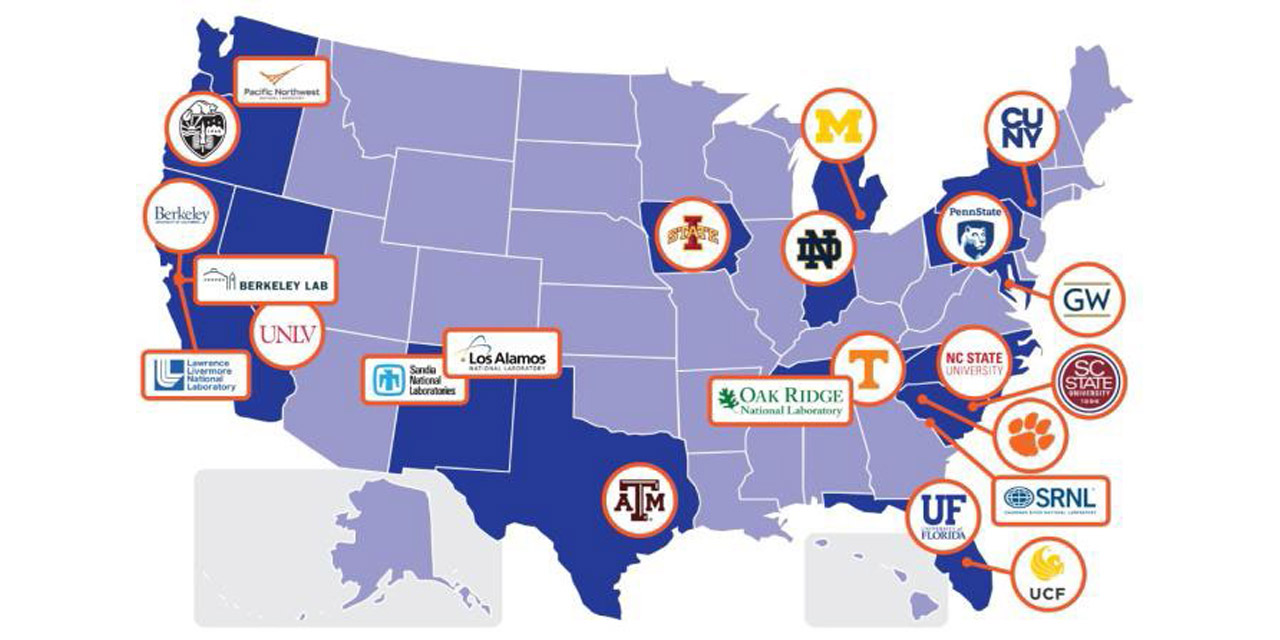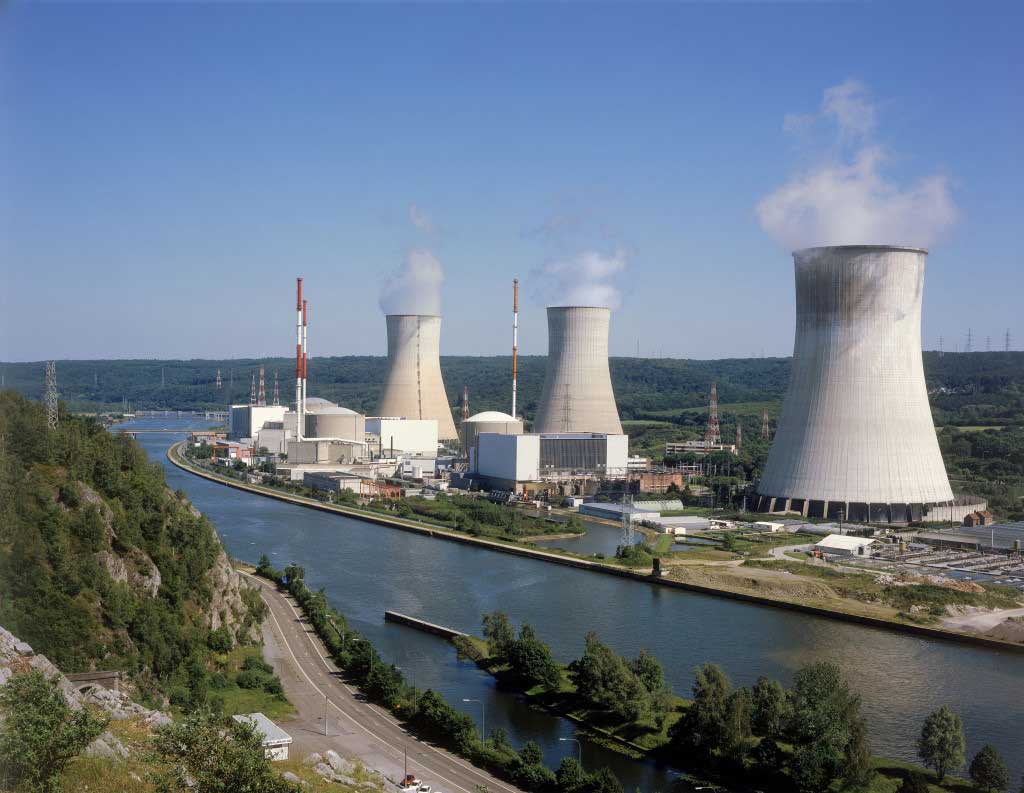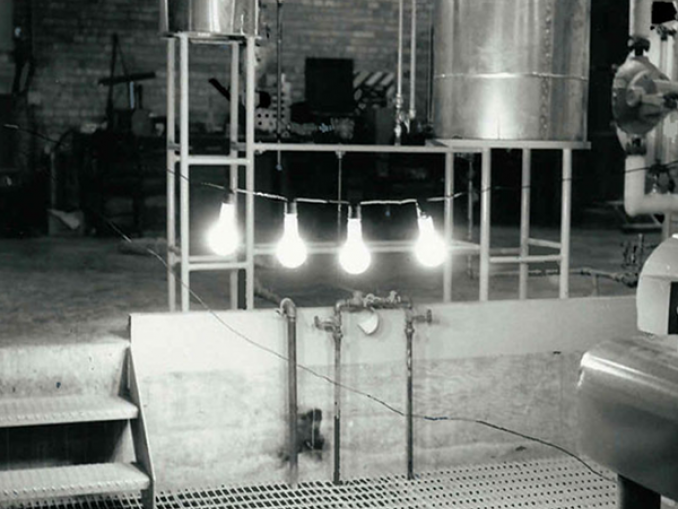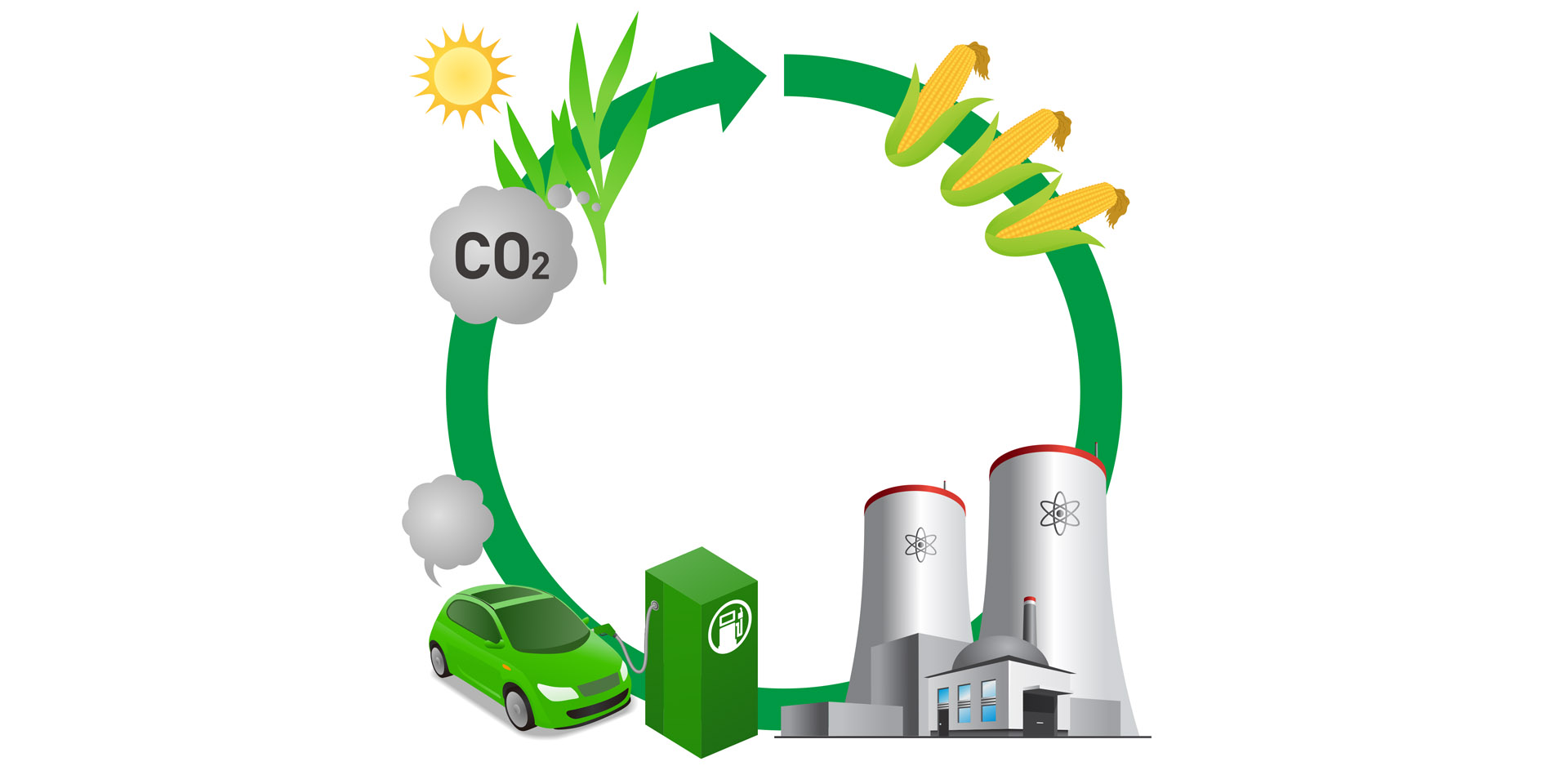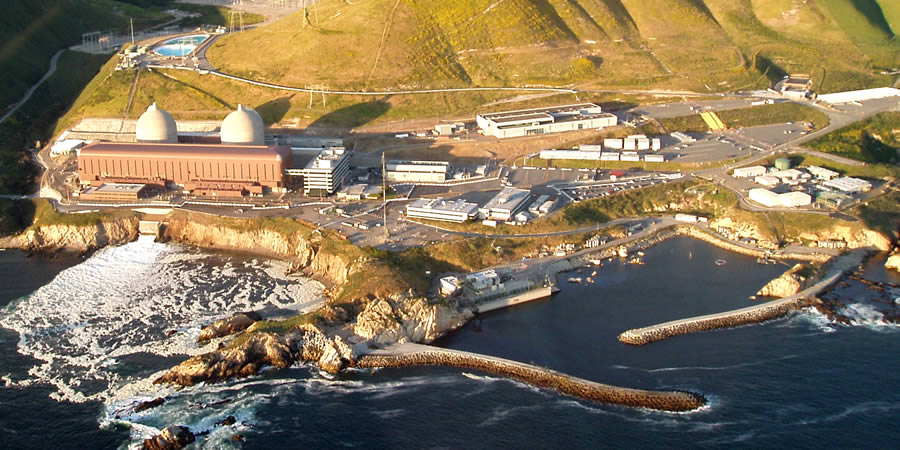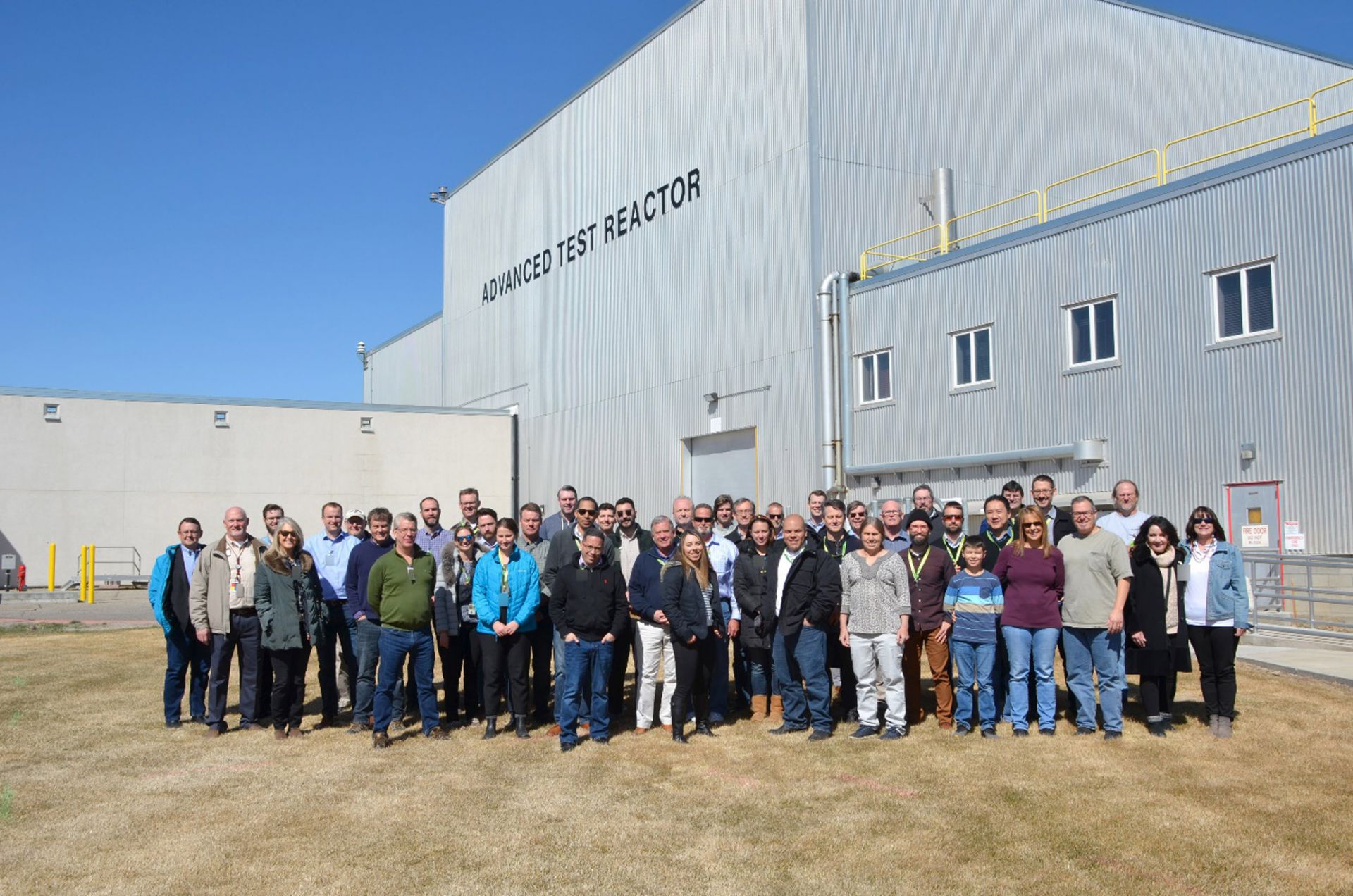Tokamak Energy's high-temperature superconducting (HTS) tape is used in its HTS magnets. (Photo: Tokamak Energy)
Tokamak Energy announced on February 6 that it has built a world-first set of high-temperature superconducting (HTS) magnets, to be assembled and tested in fusion power plant–relevant scenarios.
A Nuclear News interview with Kostas Dovas and Darren Stiles
February 3, 2023, 3:01PMEdited February 3, 2023, 3:01PMNuclear News The nuclear community is undergoing a moment of unprecedented interest and growth not seen in decades. The passage of the bipartisan Infrastructure Investment and Jobs Act and the Inflation Reduction Act are providing a multitude of new funding opportunities for the nuclear community, and not just the current fleet. A mix of technologies and reactor types are being evaluated and deployed, with Vogtle Units 3 and 4 coming on line later this year, the Advanced Reactor Demonstration Projects of X-energy and TerraPower, and NuScale’s work with Utah Associated Municipal Power Systems to build a first-of-a-kind small modular reactor, making this is an exciting time to join the nuclear workforce.
The Loviisa nuclear power plant. (Photo: Fortum)
Finland’s Radiation and Nuclear Safety Authority (STUK) recently provided the country’s Ministry of Economic Affairs and Employment with a positive safety review of the Loviisa reactors, bringing the plant closer to an approval for operation to 2050.
Members of the Consortium for Nuclear Forensics. (Image: University of Florida)
A 16-university team of 31 scientists and engineers, under the title Consortium for Nuclear Forensics and led by the University of Florida, has been selected by the Department of Energy’s National Nuclear Security Administration (NNSA) to develop the next generation of new technologies and insights in nuclear forensics.
The Tihange nuclear power plant. (Photo: Engie Electrabel)
Unit 2 at Tihange, one of Belgium’s two nuclear power plants, was permanently disconnected from the grid late on the evening (local time) of January 31, operator Engie Electrabel has announced.
The 1,008-MWe pressurized water reactor is the second unit in Belgium’s nuclear reactor fleet to be retired in accordance with the country’s 20-year-old law mandating a gradual phase-out of nuclear power. The first Belgian unit to be retired, Doel-3, a 1,006-MWe PWR, was shut down on September 23, 2022. Remaining in operation are Doel-1, -2, and -4 and Tihange-1 and -3.
Xcel Energy’s Monticello plant.
On December 20, 1951, EBR-I became the first power plant to produce usable electricity through atomic fission. It powered four 200-watt light bulbs and eventually generated enough electricity to light the entire facility. (Photo: DOE)
"At 1:23 p.m. load dissipaters from the generator were connected—electricity flows from atomic energy.” These were the words Walter Zinn wrote in the log after the first four light bulbs were illuminated by nuclear energy. The year was 1951, and the EBR-I was about to show the world what nuclear energy had to offer.
A rendering of the BWRX-300 small modular reactor. (Image: GE Hitachi Nuclear Energy)
Wilmington, N.C.–based GE Hitachi Nuclear Energy and Canadian firms Ontario Power Generation, SNC-Lavalin, and Aecon announced this morning the signing of a contract for the deployment of a BWRX-300 small modular reactor at OPG’s Darlington nuclear site in Canada. According to the announcement, it is the first commercial contract for a grid-scale SMR in North America.
Nicholas Hawker of First Light Fusion and Ian Chapman of UKAEA. (Photo: UKAEA)
Ignition and net gain at Lawrence Livermore National Laboratory’s National Ignition Facility (NIF) in December 2022 focused global attention on the prospects of inertial fusion energy (IFE). First Light Fusion and the U.K. Atomic Energy Authority (UKAEA) acknowledged the achievement as they announced plans on January 25 to design and build a demonstration facility known as Machine 4 at UKAEA’s Culham Campus in Oxford, U.K., using First Light’s “projectile approach” to IFE. Construction is expected to begin in 2024, and operations are “likely to commence” in 2027.
The Diablo Canyon nuclear power plant.
The U.S. Nuclear Regulatory Commission announced January 24 that it will not resume its review of Pacific Gas & Electric’s withdrawn Diablo Canyon license renewal application. This decision is a new setback in the long-running effort to extend the life of the plant.
Industry professionals visit INL as part of a U.S. Nuclear Industry Council Conference. (Photo: INL)
The Department of Energy’s commitment to breaking down market barriers with initiatives, programs, and access to facilities is making it simpler and more efficient than ever for industry to partner with national laboratories. It is especially timely, as the country continues to face evolving security, economic, and clean energy challenges. Partnering opportunities via the DOE’s Cooperative Research and Development Agreements (CRADAs) and Strategic Partnership Projects (SPPs) are particularly prevalent in the commercial nuclear community and have seen a tremendous amount of funding and support dedicated to advancing the development, demonstration, and deployment of new reactor technologies.
Artist’s concept of the DRACO spacecraft, which will demonstrate a nuclear thermal rocket engine. (Image: DARPA)
NASA and the Defense Advanced Research Projects Agency (DARPA) have announced they will collaborate on plans to launch and test DARPA’s Demonstration Rocket for Agile Cislunar Operations (DRACO). DARPA has already worked with private companies on the baseline design for a fission reactor and rocket engine—and the spacecraft that will serve as an in-orbit test stand—and has solicited proposals for the next phase of work. Now NASA is climbing on board, deepening its existing ties to DRACO’s work in nuclear thermal propulsion (NTP) technology—an “enabling capability” required for NASA to meet its Moon to Mars Objectives and send crewed missions to Mars. NASA and DARPA representatives announced the development at the American Institute of Aeronautics and Astronautics SciTech Forum in National Harbor, Md., on January 24.




